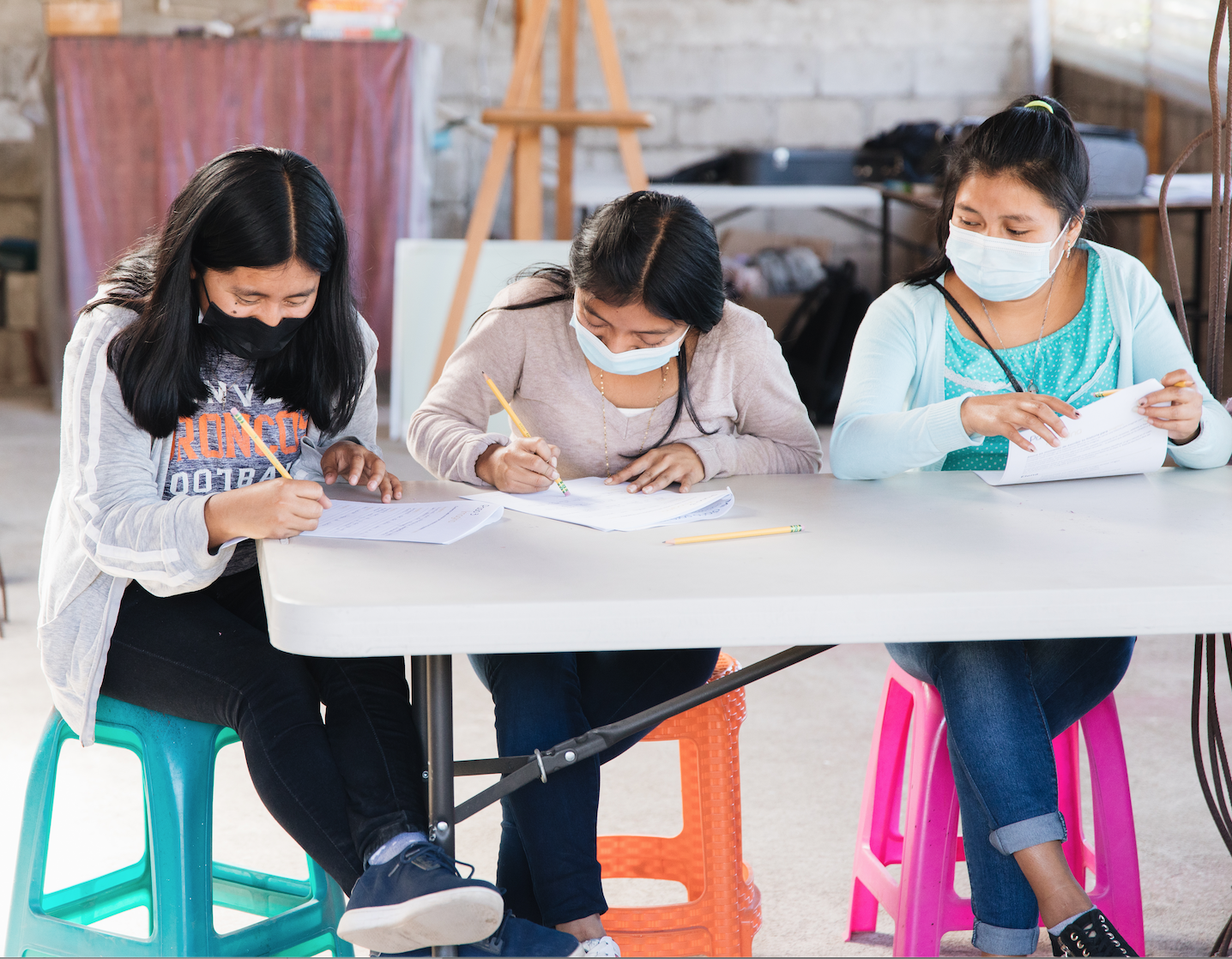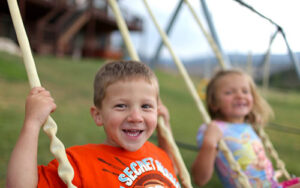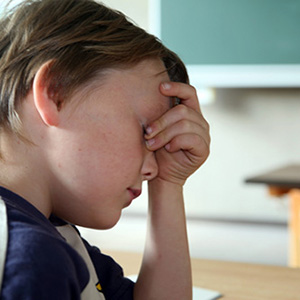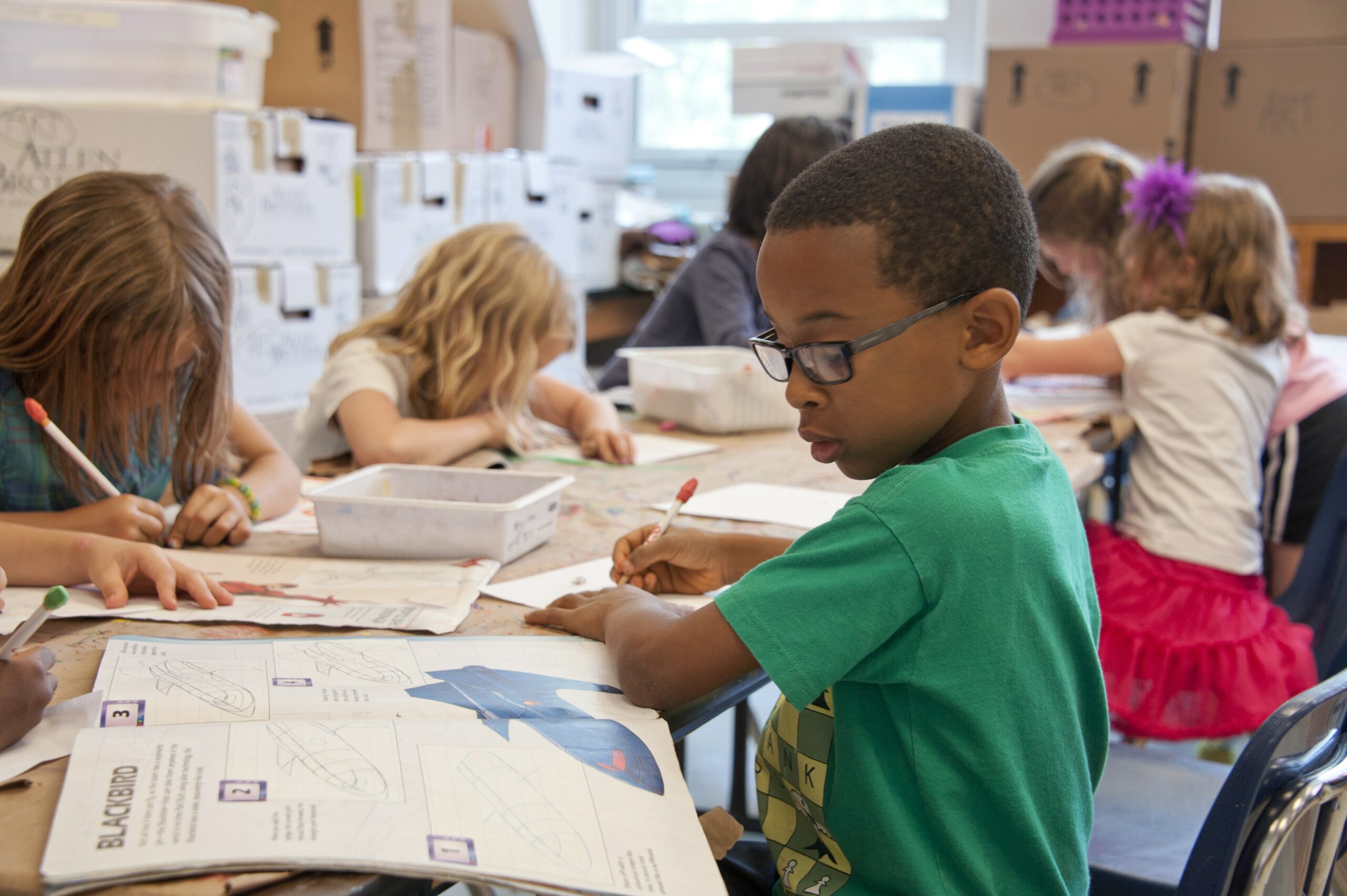
Blog
Addressing a Child’s Mental Health is Important
Mental health means having emotional, psychological, and social well-being; when we think, act, and feel from a balanced perspective the majority of the time. Having

Mental health means having emotional, psychological, and social well-being; when we think, act, and feel from a balanced perspective the majority of the time. Having

Every parent wants the best for their children. We work hard at making sure they eat right, do well in school, get enough sleep, etc.



The Imagine Project, Inc. is a 501c3 organization, we appreciate your continued support helping ki

Join our community to get the latest tips, exclusive offers, and updates straight to your inbox. Don’t miss out—subscribe now and be the first to know!